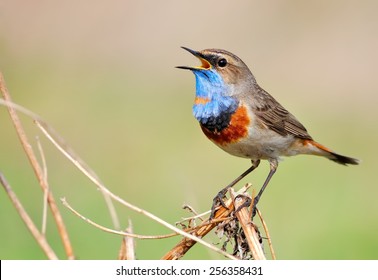Music making does you good at any level, from beginner to pro. A recent study (Leipold et al., 2021) examined a large (n=151) group of both musicians and non-musicians. They confirmed previous results that making music strengthens the connectivity between the hemispheres of the brain (see Practice that piano for a collosal callosum). Interestingly these effects were consistent between the groups of musicians and non-musicians. Even better news, while half of the musicians studied had absolute pitch (commonly known as perfect pitch), there was no significant difference in the effects of music making on the brain functional and structural networks between the two groups.
Incidentally, did you know that most birds only have absolute pitch? This sounds like a good thing, but in fact it means that if you train them to recognise a tune, and then play the same tune in a different key, they no longer recognise it. By contrast, primates (humans are primates) have been shown to have specialist neurons in the auditory cortex which respond to the harmonic structure of music, helping us, for example, perceive notes one octave apart as more similar than any other musical interval (Feng & Wang, 2017). This is thought to have evolved in part to recognise male and female speech, which tend to have vocal range around an octave apart.
Anyway, the key point is that you shouldn’t worry that your
music making abilities aren’t good enough to get the benefits – just go and play!
Feng, L., &
Wang, X. (2017). Harmonic template neurons in primate auditory cortex underlying
complex sound processing. Proceedings of
the National Academy of Sciences, 114(5),
E840-E848. https://doi.org/10.1073/pnas.1607519114
Leipold, S., Klein, C., & Jäncke, L. (2021). Musical Expertise
Shapes Functional and Structural Brain Networks Independent of Absolute Pitch
Ability. The Journal of Neuroscience, 41(11), 2496-2511. https://doi.org/10.1523/jneurosci.1985-20.2020

Comments
Post a Comment